By Steve Kolowich
Chronicle of Higher Education, April 29, 2013
Teaching students how to read and analyze experimental poetry can be hard enough in a small seminar class. Leading the same class in an online classroom of 36,000 far-flung learners might strike some as a fool's errand.
Al Filreis, a 57-year-old professor of English at the University of Pennsylvania, disagrees. Many believe that massive open online courses are more suitable for teaching mathematics and hard sciences, ruled as they are by laws, formulas, and right-or-wrong answers.
But Mr. Filreis, an early pioneer of MOOCs in the humanities, believes the MOOC format is in many ways ideal for his course, "Modern & Contemporary American Poetry." In fact, he thinks the MOOC version of his course is just as academically rigorous as the classroom version he has taught for 25 years.
![]()
THE INNOVATOR: Al Filreis, U. of Pennsylvania
THE BIG IDEA: MOOCs can bring humanities courses to the masses.
![]()
The key, he says, is being willing to get your hands dirty.
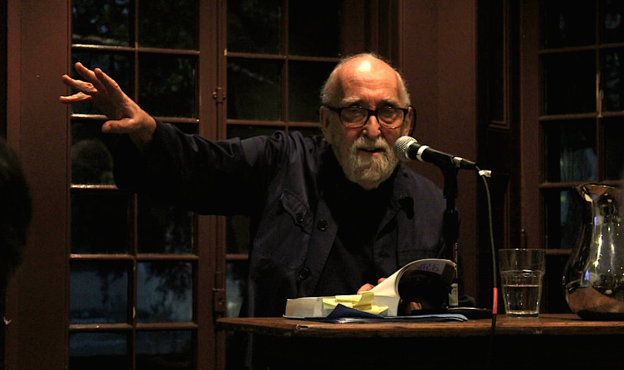
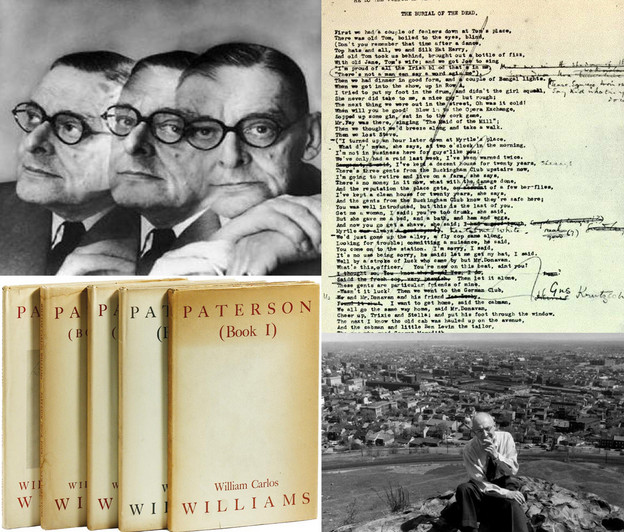
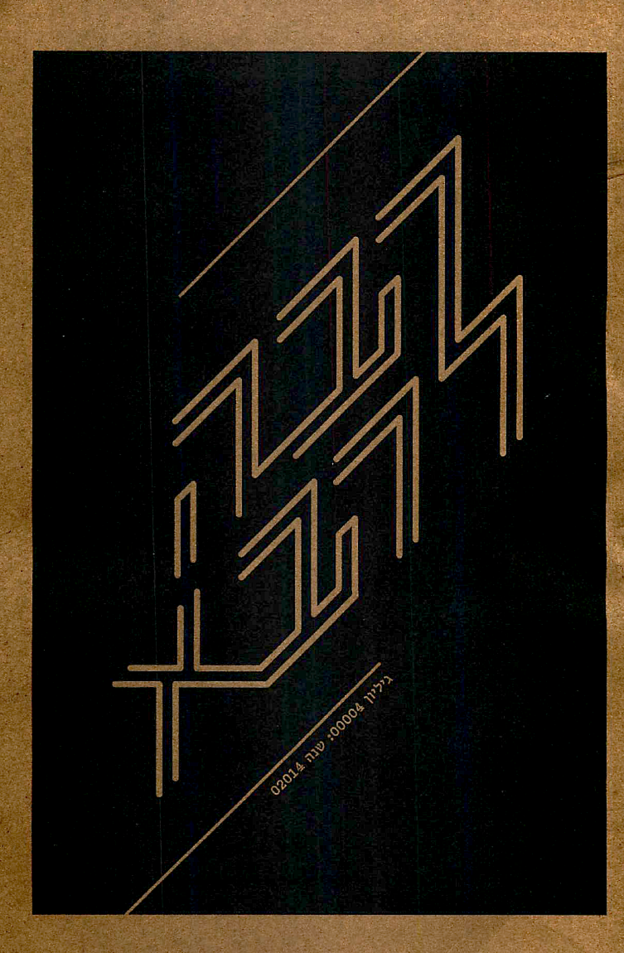

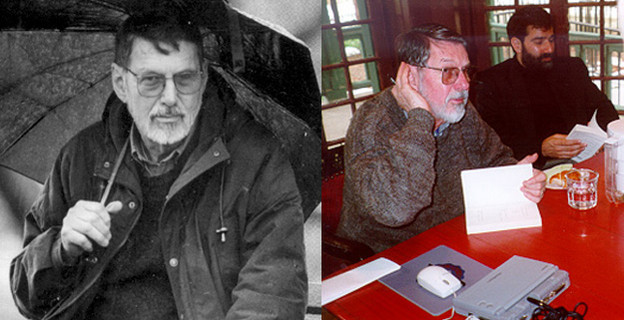
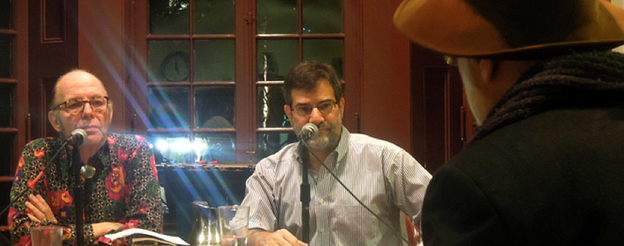
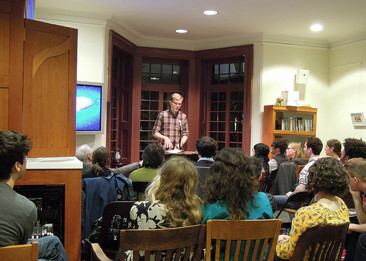
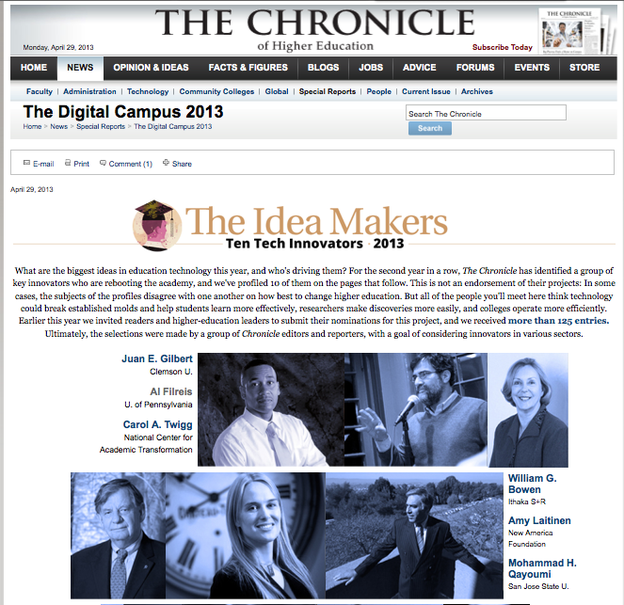


A conversation with Eileen Myles (video)
Eileen Myles’s recent visit to the Kelly Writers House in Philadelphia as a Kelly Writers House Fellow featured, among other public events, an interview-conversation moderated by me. The video recording of the one-hour conversation, which was live-streamed as a webcast, is now available here. Generally these were the works covered in the discussion: Inferno, The Importance of Being Iceland, Chelsea Girls, the essay “Foam,” and some of the poems gathered for I Must Be Living Twice: New and Selected Poems. The session concluded with Myles's reading a passage in Inferno in which she contemplates her return to Harvard to give a reading, a dislocated homecoming that leads to painful memories of what Harvard's complaints about her father's drinking signified.